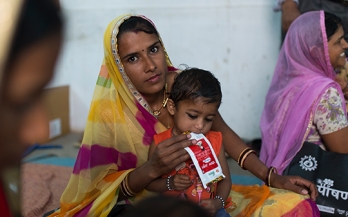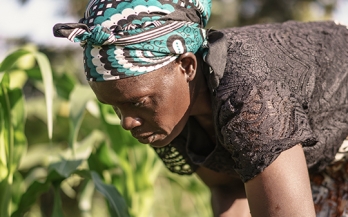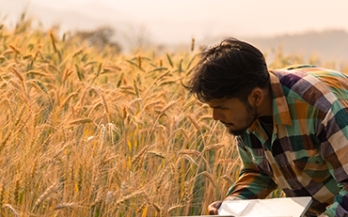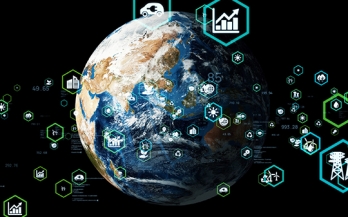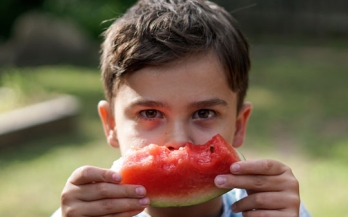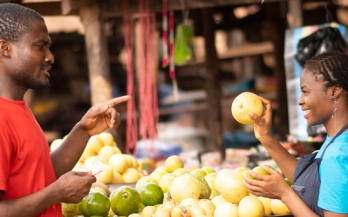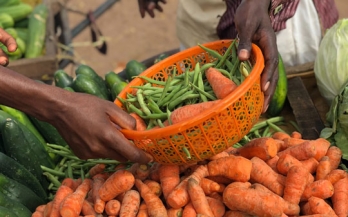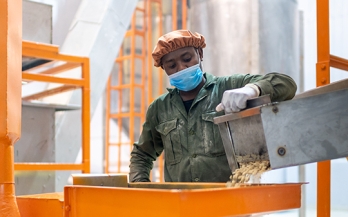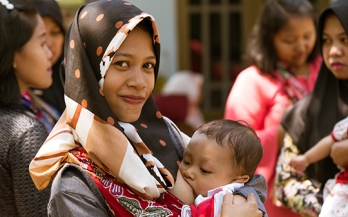Read our third story in the series on The Food Crisis: What's Happening, a collection of work on the current events and the impact communities are seeing on a global scale. The Food Crisis is affecting everyone socially, economically and nutritionally. Tarun Vij, our India Country Director discusses the wide reaching ripple effect India is experiencing and what actions need immediate attention.
Read our second story in the series on The Food Crisis: What's Happening, a collection of work on the current events and the impact we're seeing on a global scale. The Food Crisis is affecting everyone socially, economically and nutritionally. Mduduzi Mbuya and Saul Morris speak about the common threads connecting the threat to African food systems.
Read our first in the series on The Food Crisis: What's Happening, a collection of work on the current events and the impact we're seeing on a global scale. The Food Crisis is affecting everyone socially, economically and nutritionally. Jamie Morrison speaks about what areas need more attention and what actions need to be taken now.
We at GAIN certainly believe data for food systems are important generally and for our own work and we invest in it. There are four recent reports that we have contributed to that I would like to draw your attention to.
1 in 2 people reading this article are likely experiencing hidden hunger, in other words a lack of essential vitamins and minerals. That matters because these "micronutrients" are the micro drivers of functions such as our immune systems which keep us safe and healthy.
Food choice is complex. It involves psychological factors (like mood and preferences), sociocultural ones (like traditions and taboos), sensory appeal (like taste), health perceptions, ethical concerns (like animal welfare), social interactions (like peer influences), and socio-demographic aspects (like education).
In a recent report, Overcoming Multistakeholder Partnership Financing Hurdles to Accelerate the SDGs, the World Resources Institute (WRI) and partners discuss the funding challenges and lessons learned of commercially driven multi-stakeholder partnerships and share some recommendations on how to effectively drive positive impact on the Sustainable Development Goals (SDGs).
So how are small- and medium-sized enterprises (SMEs) – which make up the bulk of the food system in low- and middle-income countries – coping with these challenges? A recent online survey by the Scaling Up Nutrition (SUN) Business Network aimed to answer this question.
GAIN is launching a short animated video, packed with key facts and information about large scale food fortification. It is a great tool for advocacy and education in countries where increasing access to fortified foods is on the agenda.
World Breastfeeding Week 2022 will focus on strengthening the capacity of actors that have to protect, promote and support breastfeeding across different levels of society.
